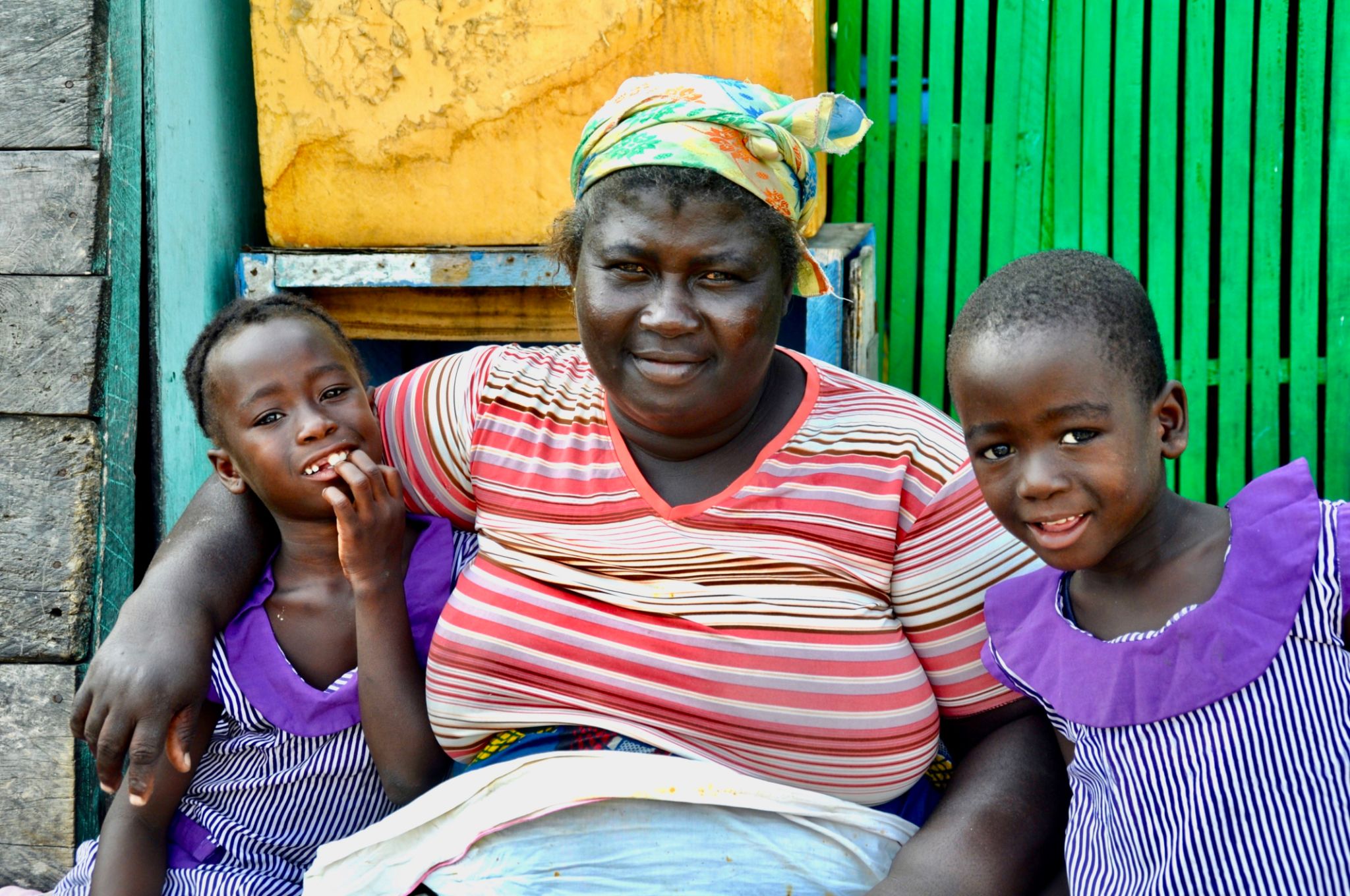The Impact of Coastal Erosion on Ghanaian Communities: How We Can Help
Understanding Coastal Erosion
Coastal erosion is a natural process that involves the removal of sediment along shorelines due to the action of waves, currents, and tides. In Ghana, this phenomenon has become a significant environmental issue, affecting numerous communities along its coastline. The country's coastline stretches over 500 kilometers, hosting a vibrant community and rich biodiversity. However, the accelerating rate of erosion poses a severe threat to the livelihoods and homes of those living in these areas.

Causes and Effects
The primary causes of coastal erosion in Ghana include rising sea levels due to climate change, human activities like sand mining, and the construction of infrastructure that disrupts natural sediment movement. These factors have exacerbated the rate of erosion, leading to the loss of land, destruction of property, and displacement of communities.
The effects of coastal erosion are far-reaching. As land continues to erode, communities are forced to relocate, resulting in the loss of homes and agricultural lands. The economic impact is also significant, with fishing communities experiencing reduced catches due to habitat destruction. Moreover, the loss of beaches can negatively affect tourism, which is a crucial source of income for many local economies.
Impact on Local Communities
For many Ghanaian communities, the coastline is not just a geographical feature but a source of identity and livelihood. The erosion threatens traditional ways of life, including fishing and farming, which are vital for food security and economic stability. Additionally, educational facilities and health centers located near these coastal areas are at risk, potentially disrupting access to essential services.

Mitigation Strategies
Tackling coastal erosion requires a multifaceted approach involving both short-term and long-term strategies. One effective method is the construction of sea defenses such as breakwaters and groynes, which help reduce the impact of waves on the shore. Additionally, replanting mangroves and other vegetation can stabilize the soil and create a natural barrier against erosion.
- Implementing sustainable coastal management practices
- Promoting community-based conservation initiatives
- Raising awareness about the impacts of climate change
Role of Government and NGOs
The government and non-governmental organizations (NGOs) play a crucial role in addressing coastal erosion. By formulating policies that regulate activities like sand mining and promoting environmentally sustainable practices, they can help mitigate the causes of erosion. NGOs can also provide support through community education programs and funding for local conservation projects.

How Individuals Can Help
Individuals can also contribute to efforts against coastal erosion. By participating in local conservation initiatives, reducing personal carbon footprints, and advocating for sustainable practices, everyone can play a part in protecting Ghana's coastlines. Supporting organizations that focus on environmental conservation can amplify these efforts.
Moreover, educating oneself and others about the impact of climate change on coastal areas is vital. Awareness can drive change by influencing policy decisions and encouraging community-driven solutions.
The Path Forward
The impact of coastal erosion on Ghanaian communities is profound but not insurmountable. Through collaboration between local residents, government bodies, NGOs, and international partners, it is possible to develop effective strategies to combat this environmental challenge. By taking proactive measures now, we can help safeguard these communities for future generations.
In conclusion, addressing coastal erosion is not just an environmental necessity but a moral imperative to protect the livelihoods and heritage of those who call Ghana's coastlines home.